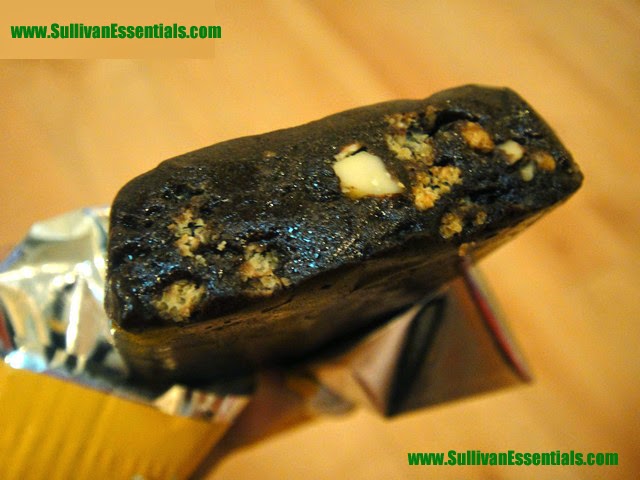Protein Bars: Pros and Cons
by Dr. Janet Brill
Let’s face it: Protein bars are an incredibly convenient (and tasty) way to take the edge off your hunger. Throw them in your backpack, purse or gym bag and you have an easy way to get some extra grams of protein into your diet. They can help you gain or lose weight, depending on your goals.Let’s take a look at how the different bars’ ingredients stack up and what to look for:
1. PROTEIN
Protein bars differ from other snack and candy bars because they have more, well, protein! Protein can be beneficial for weight loss as it is the most filling of the three macronutrients (carbs, fat and protein). Eating a protein/carb combo right after a workout is also a good idea for improved muscle recovery and muscle mass gains.
Whey -- the milk fluid produced in cheese-making -- is often the bar’s protein source, which is preferred for its amino acid profile and proven muscle protein synthesis capabilities. However, the rising demand in China has caused whey prices to soar. So bar manufacturers are increasingly using less expensive protein sources such as soy and pea or rice flour.
The average protein bar contains somewhere between 15 and 25 grams of protein. Keep in mind that you could easily get in that amount of protein from any of the following “real” foods: Two cups of fat-free milk, two eggs, a cup of soybeans, or half a cup of almonds.
2. CARBOHYDRATES
The unappetizing taste of whey and soy proteins added to bars has resulted in manufacturers enhancing the taste by dumping in loads of sweeteners, which serve to make the bars much more palatable. In fact, many bars contain huge amounts of "added sugars,” the food ingredient that we need to cut back on for better health.
Some of the sweeteners include high fructose corn syrup -- which bumps up the calories -- or artificial sweeteners such as sugar alcohols which can result in GI issues. The takeaway message here is that protein bars are great in a pinch but are certainly no health food.
3. CALORIES
Many protein bars have calorie counts similar to a candy bar. So if your goal is to lose weight, you will need to pay close attention to just how many calories your snack contains.
Popular protein bars tend to range from 200 to 300 calories per bar. Keep in mind that you could get the same amount of protein and calories but much more nutrition from choosing real food snacks such as a peanut butter and banana sandwich on whole grain bread, a low-fat Greek yogurt with walnuts and berries, or raw veggies with a hummus dip.
Protein bars play an important role in the nutrition of athletes, particularly athletes that have a tough time getting in enough calories to fuel an intensive training regimen. For those individuals seeking to lose weight and eat a healthy diet, protein bars can be a convenient occasional snack.
Real food, however, has other important nutrients not found in protein bars. And so it should always be your first snack of choice.
A Fitness Together trainer can help you to set and attain small, doable health and fitness goals which include helping you plan your snacks. He or she will also develop an exercise program designed to meet your specific needs. You’ll receive nutritional counseling through the Nutrition Together program, which will complement your workouts.
©
2014 Fitness Together, Inc. All Rights Reserved. Powered by Fusionbox.
About | Contact | Franchise | Suppliers | History | Leadership | Nutrition Together |Sitemap | Privacy Policy | Terms of Use | Facebook | YouTube | Twitter | Linkedin


No comments:
Post a Comment